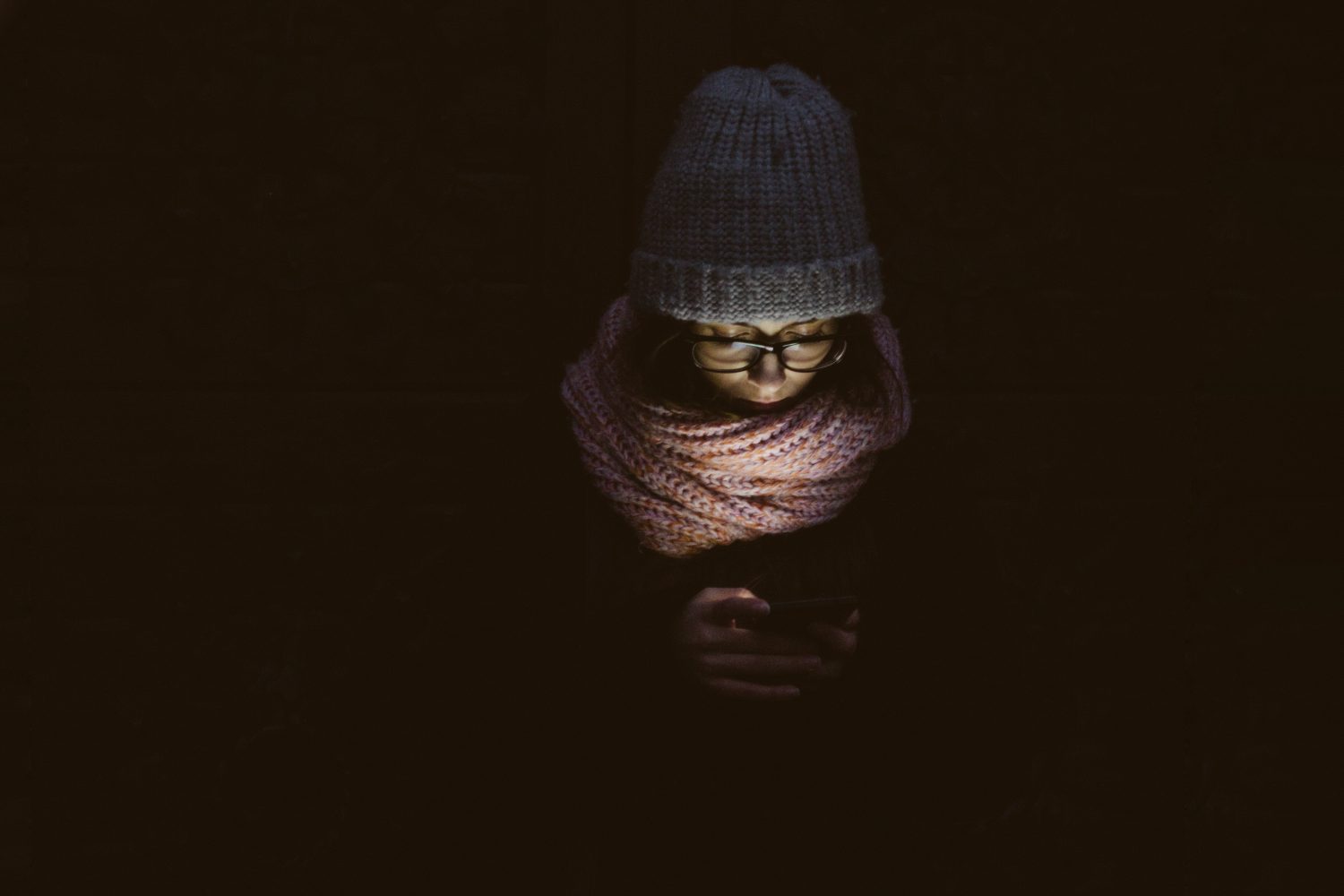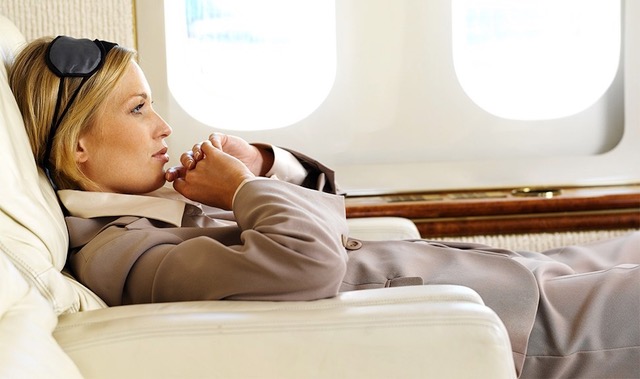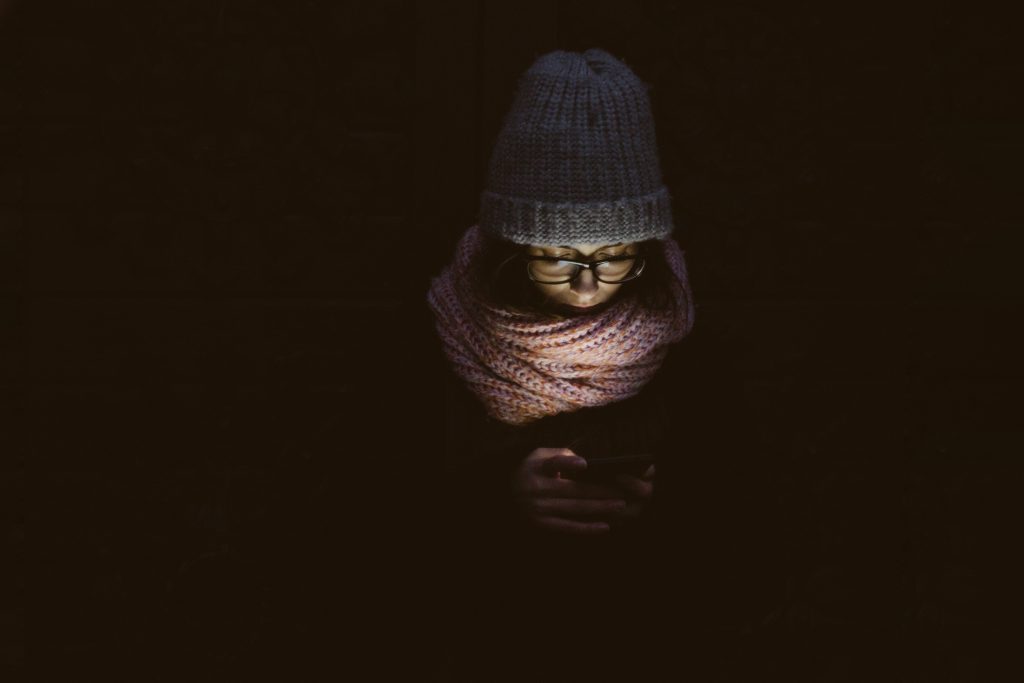
Is FaceTime Harming Your Face?
Is FaceTime Harming Your Face?
More than just disrupting your beauty sleep, blue light may be taking a toll on your skin
Think quickly – how many hours did you spend staring at a screen yesterday? Was it more time than you spent sleeping, reading, or working out? Or maybe your total screen time surpassed the time you spent doing all three of those things combined. And hey, some days are like that, we get it. In fact, between work and personal use, the average American adult spends 11 hours interacting with devices and consuming media every day.
But what you might not know is that before-bed Netflix binging is causing more than just angst over fictional characters – it’s wreaking havoc on your skin.
Emerging research has made blue light a hot topic in the beauty world. As Glamour UK reports, blue light can accelerate the oxidation process, causing a host of issues for your skin. It can lead to the breakdown of collagen and elastin, increase inflammation, and even damage your DNA, causing cellular aging, according to Dr. Anetta Reszko, Assistant Professor of Dermatology at Weill Cornell Medical College.
And if that wasn’t enough, additional research shows blue light exposure can cause hyperpigmentation and may generate free radicals, which can damage collagen.
So what can you do to prevent skin damage when you just have to send one more late-night email (or if you’re like us, watch one more episode of Friends while curled up in bed)? Invest in a blue light blocking screen protector, like EyeJust! EyeJust is easy-to-use, fits directly on top of your phone or iPad, and and blocks more than 45 percent of blue light right at the source. As an added benefit, the screen blocker protects your skin and your eyes so that you can keep on Keeping Up with the Kardashians (even if you pretend you don’t).



